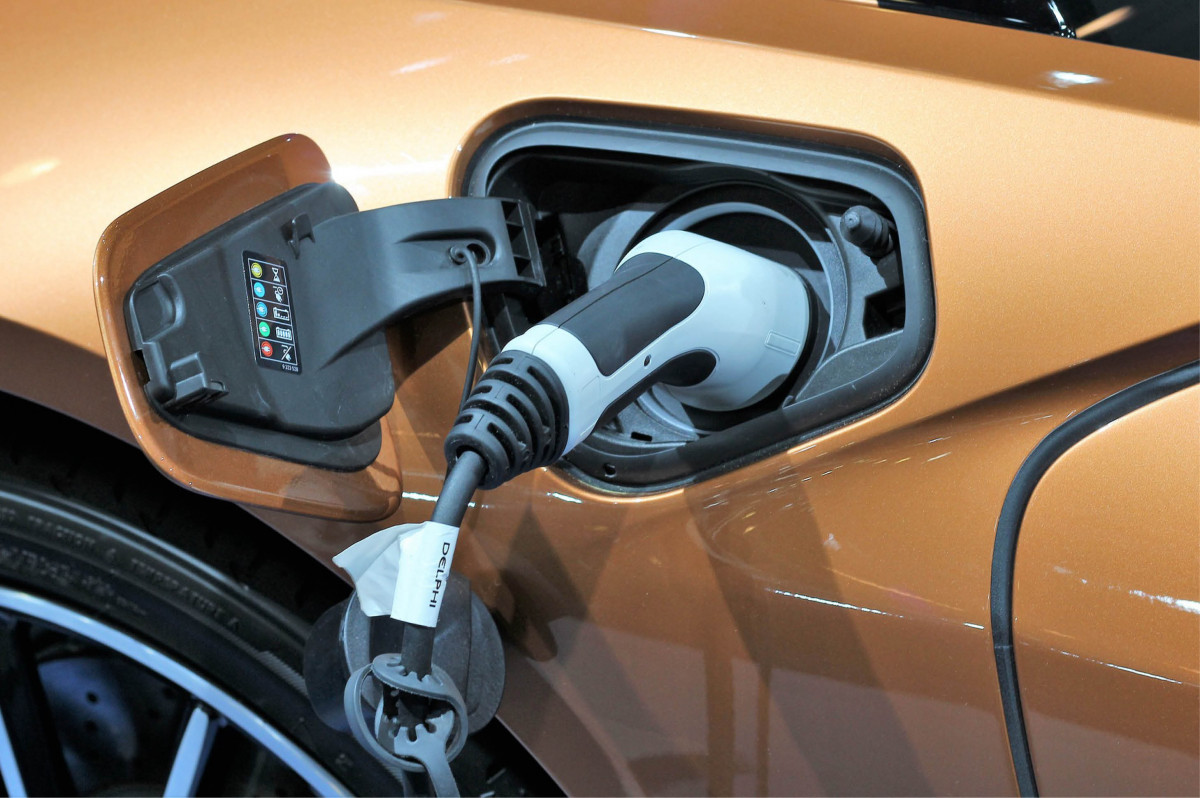As we’re all aware, the cost of living continues to rise, and in the last few months we’ve seen inflation and interest rate increases, fuel costs go up; and from April 1st, the price cap has now been removed from home energy prices.
For drivers who have a driveway or garage, charging your EV is as easy as plugging in your mobile phone or charging your laptop. Overnight charging is commonplace, with homeowners benefitting from lower night-time tariffs, and the benefit of having a fully charged car in time for your morning commute. With home energy prices likely to increase by around 50%, it's understandable that many are questioning what impact this will have on their home charging plans.

If you’re an EV driver and rely on overnight home charging to get you ready for your morning commute, you may be wondering what that means for you, or what it might mean for you if you’re adopting an EV this year.
Tariff rates vary depending on your provider, and it’s difficult for us to predict what impact the removal of the price cap will have on you individually; but early predictions are it may cost you an extra £12-16 per month to charge your EV. As such, over a 12-month period you may expect to pay around £150-200 more than you did before April.
However, you should note that an EV will still be cheaper to run than a traditional petrol/diesel car, with new higher fuel rates adding on average £550 per year to household spend.
EDF has historically offered one of the lowest off-peak rate for their EV tariff, which was at a cost of 4.5p per unit on their GoElectric 35 tariff from 12 am – 5 am, 7-days a week, with this cost now fixed until April 2024. Offering 35 hours of off-peak electric within this deal, it should offer enough energy for those that charge 3-4 times per week.
Many providers have currently paused new customers signing up to their tariff, so it’s worth keeping an eye on them in the coming weeks to see what new rates are being advertised to make an informed decision. Some may consider offering a lower tariff as a ‘loss leader’ to encourage adoption of EVs and longer-term customer loyalty.








